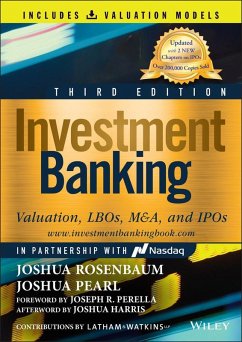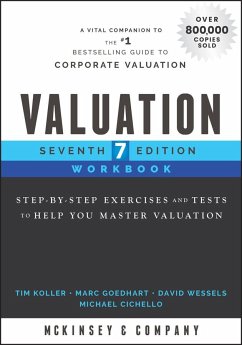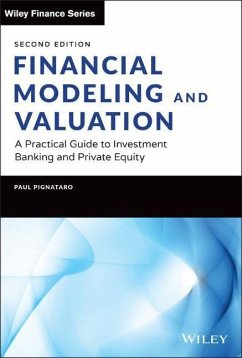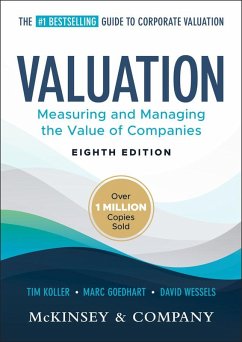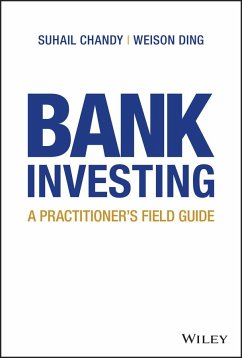Nicht lieferbar
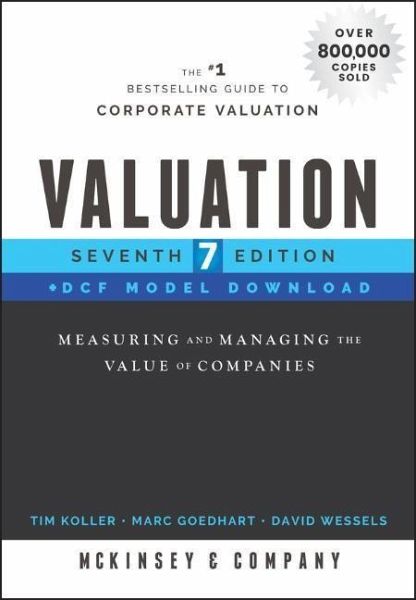
Valuation
Measuring and Managing the Value of Companies, Book + Dcf Model Download
Versandkostenfrei!
Nicht lieferbar
The Valuation DCF Model, 7th Edition is a vital companion to the seventh edition of Valuation, containing an expert guide and the renowned discounted cash flow (DCF) valuation model developed by McKinsey's own finance practice. The DCF Model can be used to value real companies in real-world situations, and includes detailed instruction and expert guidance on how to use it. The advantage of the ready-made model is that allows users to focus on analyzing a company's performance instead of worrying about computation errors.




